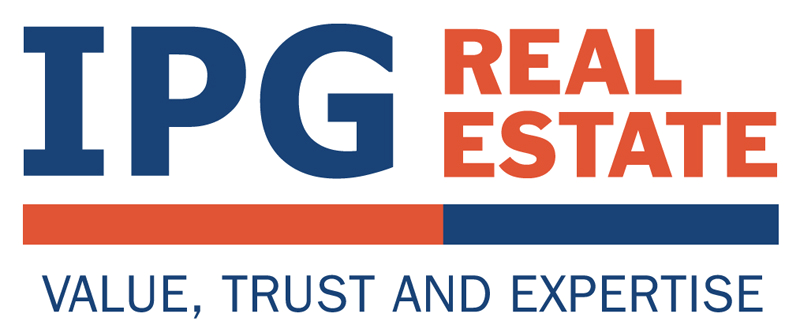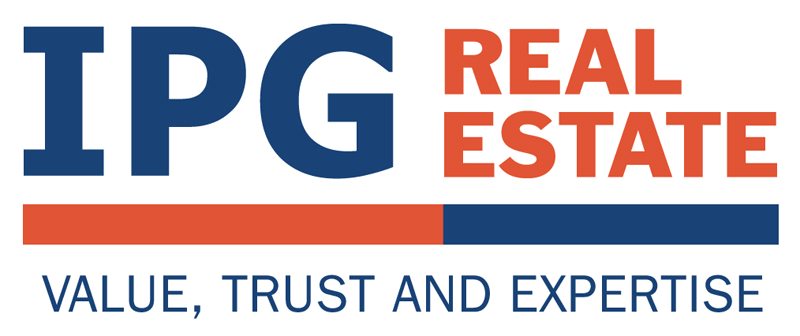You might immediately think that you need to own your property when you move to a new city, but that’s not always the case. In a city like New York, much of the housing market is dominated by co-ops. Condos, however, are not as readily available for purchase. What’s the difference between the two, and which one is right for you?
Co-ops
When you purchase a co-op, you’re not really purchasing the home itself. You are purchasing shares of stock in a corporation or entity that owns the building. Then, after you make the purchase, you can move into your new apartment in the building determined by the lease that comes with your stock certificate. The initial upfront costs of buying a co-op are usually cheaper than a condo and taxes will be shared among the residents, but the shared fees for maintenance and utilities can add up or increase over time.
With a co-op, you’re more like a board member of a company than a property owner. You have a vote in what goes on in the building and how the co-op is maintained and run. If you’d like to be more involved, you can be elected as an actual board member.
A drawback to co-op living is that the requirements to join the building may be very high – if you don’t fit the criteria that the current community is looking for, you may not be able to get into the building you want. Co-op boards may require personal tax returns, or even personal interviews before voting to allow you into the building. If you plan on staying long-term the voting scheme is great, because you get to pick your neighbors, but it can be tough to sell your co-op. Building rules also tend to be stricter for co-ops than for condos.
“The bottom line on co-ops and condos – they are both excellent choices for a cosmopolitan lifestyle,” said George Donohue, President, International Properties Group. “The process can be lengthier than buying a house, but condos and co-ops are both rewarding places to live.”
Condos
If you’re set on owning your property, you’re better off buying a condo. When you buy a condo, you’re given the actual deed to the property that you purchase. A condo purchase comes with its own set of costs and fees including closing costs and title insurance, as well as mortgage recording costs. And while a condo is your own private residence, you do are also paying for an interest in common areas with other tenants in the condo development. Homeowners Association fees are also common for condos and include maintenance such as snow removal, lawn care, and other common maintenance.
Condos will also have boards, but they tend to have less power than the co-op board. Condo boards don’t get to vote on who can come into the community, though they can have right of first refusal which means that they can pre-empt the sale. This is rare, however.
When you buy a condo, you don’t have to provide the condo association with as much personal information as you would a co-op. You don’t have to disclose everything, only what you feel comfortable with. There’s also a chance you’ll be able to finance more of the purchase, as co-ops tend to require a higher down payment.
“IPG has expert real estate agents that help home-seekers find the co-op and condo they’ve always wanted,” said Donohue. “Our high-touch brokers take the time to get to know buyers and their preferences to make the right recommendation for the client.”


